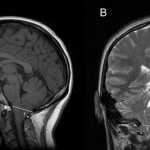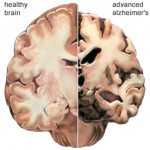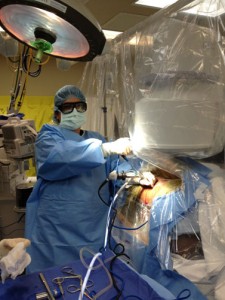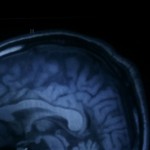 Early and aggressive resection of low-grade gliomas (LGGs) leads to increased overall patient survival, decreased malignant progression, and better seizure control. This case series describes the authors’ approach to achieving optimal neurological and surgical outcomes in patients referred by outside neurosurgeons for stereotactic biopsy of tumors believed to be complex or a high surgical risk, due to their diffuse nature on neuroimaging and their obvious infiltration of functional cortex.
Early and aggressive resection of low-grade gliomas (LGGs) leads to increased overall patient survival, decreased malignant progression, and better seizure control. This case series describes the authors’ approach to achieving optimal neurological and surgical outcomes in patients referred by outside neurosurgeons for stereotactic biopsy of tumors believed to be complex or a high surgical risk, due to their diffuse nature on neuroimaging and their obvious infiltration of functional cortex.
Clinical Expertise
- Auto & Workman’s Compensation
- Brain & Spine Tumors
- Cervical Spine Surgery
- Computer Assisted Surgery
- Endoscopic Lumbar Fusion
- Endoscopic Spine Surgery
- Endoscopy Brain
- Endoscopy Spine
- Epilepsy Surgery
- Gamma Knife
- Intra-Operative MRI
- Kyphoplasty
- Laser Surgery
- Low Grade Gliomas
- Lumbar Spine Surgery
- Minimally Invasive Surgery
- Movement Disorders
- Neurosurgical Oncology
- Pain Management
- Pituitary Tumors
- Radio Surgery
- Robotic Surgery
- Robotics Endoscopic Spine Surgery
- Skull Base Surgery
- Spinal Cord Injury
- Spine Surgery
- StemWave Non-Invasive Acoustic Wave Therapy Machine
- Stereotactic Surgery
- Traumatic Brain Injury
- Trigeminal Neuralgia
 In the past 30 years, there has been a small but significant increase in the incidence of advanced breast cancer in American women 25 to 39 years of age, according to a study published in the February 27 issue of JAMA.
In the past 30 years, there has been a small but significant increase in the incidence of advanced breast cancer in American women 25 to 39 years of age, according to a study published in the February 27 issue of JAMA. Ischemic Stroke Guidelines released at the end of January 2013.
Ischemic Stroke Guidelines released at the end of January 2013. Subthalamic nucleus deep brain stimulation (DBS) offers benefits earlier in the course of Parkinson’s disease (PD), before the appearance of severe disabling motor complications, according to results of a randomized controlled trial.
Subthalamic nucleus deep brain stimulation (DBS) offers benefits earlier in the course of Parkinson’s disease (PD), before the appearance of severe disabling motor complications, according to results of a randomized controlled trial. Regular exercise reduces the development of painful diabetic neuropathy in animals—apparently related to increased expression of a protective substance called “heat shock protein” 72 (Hsp72), reports an experimental study in the February issue of Anesthesia & Analgesia, official journal of the International Anesthesia Research Society (IARS).
Regular exercise reduces the development of painful diabetic neuropathy in animals—apparently related to increased expression of a protective substance called “heat shock protein” 72 (Hsp72), reports an experimental study in the February issue of Anesthesia & Analgesia, official journal of the International Anesthesia Research Society (IARS). The number of people with Alzheimer’s disease is expected to triple in the next 40 years, according to a new study published in the February 6, 2013, online issue of Neurology®, the medical journal of the
The number of people with Alzheimer’s disease is expected to triple in the next 40 years, according to a new study published in the February 6, 2013, online issue of Neurology®, the medical journal of the 
 Twenty-seven percent of mTBI patients with a normal CT scan showed evidence of abnormalities on brain MRI.
Twenty-seven percent of mTBI patients with a normal CT scan showed evidence of abnormalities on brain MRI. ‘Brain pacemakers’ trialled as way of staving off memory loss from Alzheimer’s disease
‘Brain pacemakers’ trialled as way of staving off memory loss from Alzheimer’s disease